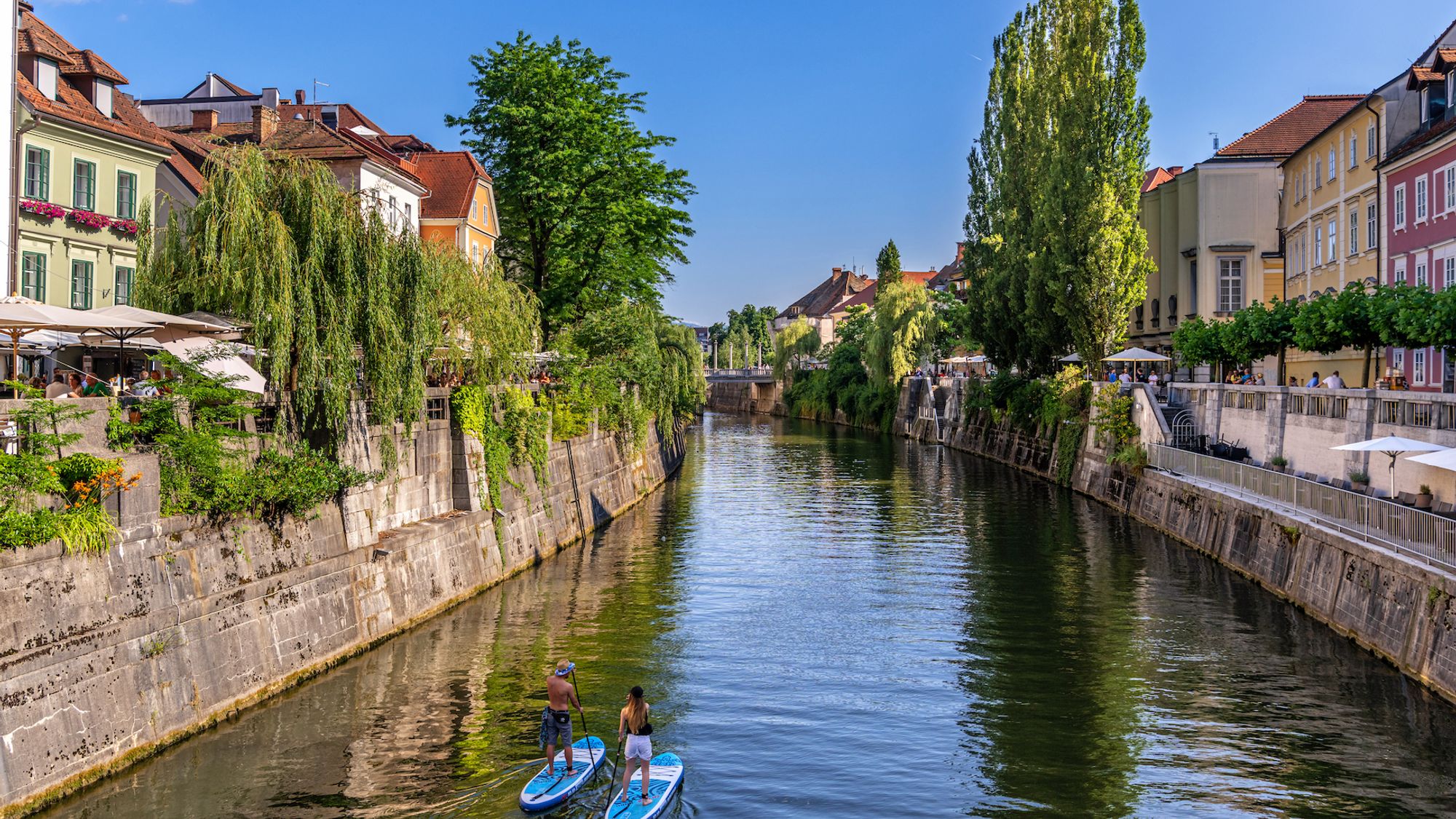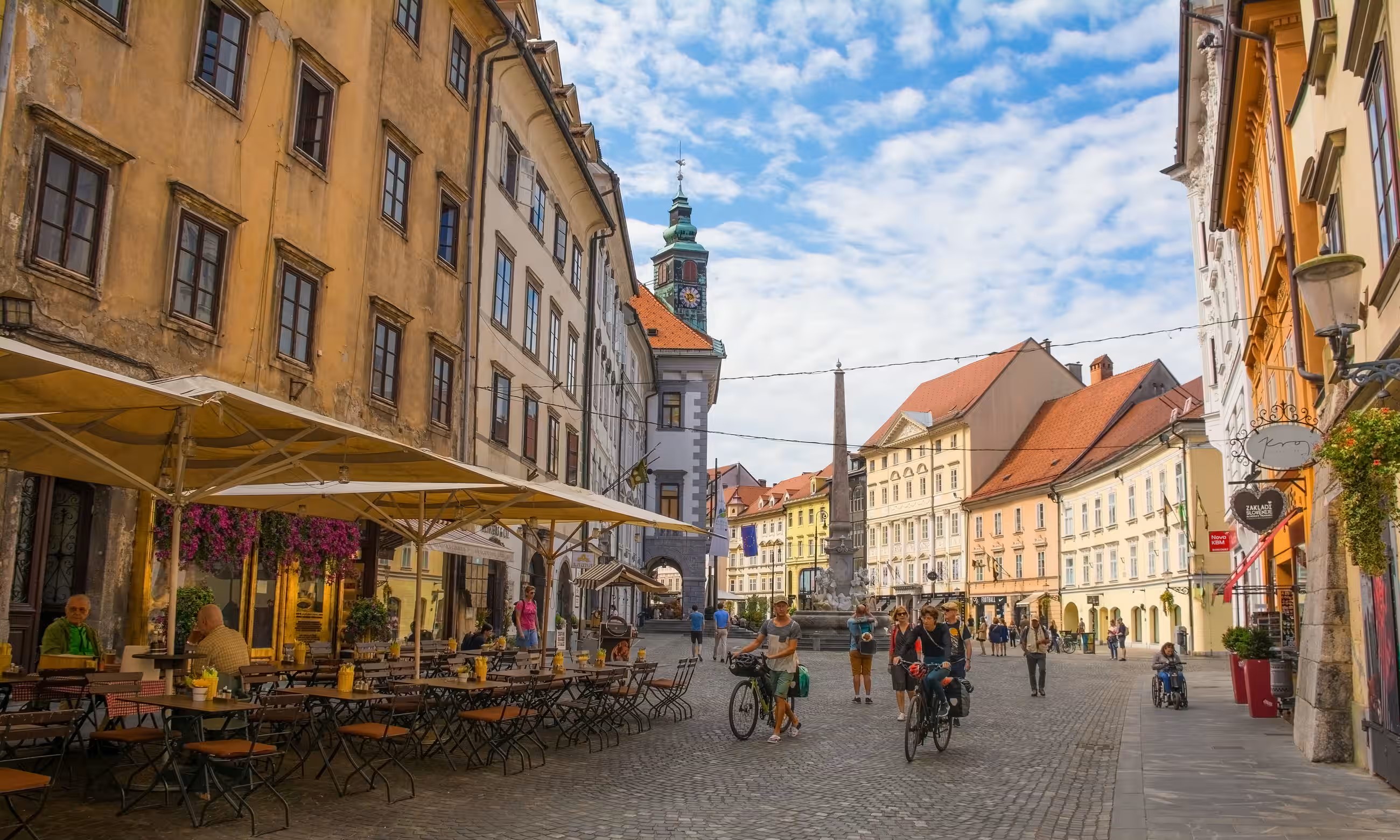SigSynCell is the first EU MSCA Doctoral Network awarded in the field of bottom-up synthetic biology.
The project brings together 9 research institutions from EU with one common goal: to advance our knowledge of the bottom-up assembly of synthetic cells. We want to develop synthetic cells as systems having the key characteristic functions of living systems: their capacity to interact with their environment. In a laboratory environment, both the cells and the environment can be fully engineered to gradually control and build up the complexity of synthetic cell systems.

PhD position in Ljubljana is now open
PhD Topic: Synthetic cells under controlled non-equilibrium conditions
Advisor: Jure Derganc
A hallmark of living systems is their capacity to thrive under non-equilibrium conditions. Yet, current experimental techniques for manipulating and analyzing cells in controlled non-equilibrium states are limited. To address this gap, we are developing a high-throughput microfluidic system specifically designed to create well-controlled chemical gradients mimicking the non-equilibrium conditions found in nature. Upon completion, this system will offer a broad range of applications in life sciences and synthetic biology. For instance, we plan to use it for controlled shaping of lipid vesicles into compartments with large area-to-volume ratios (an approach we refer to as membrane origami), which will lay the groundwork for bottom-up assembly of a synthetic chloroplast that would be even more efficient than the natural one!
The project is highly interdisciplinary and will involve experimental methods such as microfluidics, work with synthetic lipid vesicles and advanced methods for image acquisition and AI-based image recognition. Note that the doctoral candidate’s specific tasks will be adapted to her/his interests and prior expertise, e.g., a candidate with a computer science background will do less pipetting and more on imaging / AI research, while a candidate with a life-science background will be more involved in the synthetic cell part.
For a detailed description of our research, see Jure’s homepage.
PhD position in Ljubljana at a glance
- Position duration: 3 years (+1 year)
- Approximate salary (before taxes): 2832 € (living allowance) + 650 € (mobility allowance) + 660 € (family allowance, if applicable)
- Timeline:
- Formal application for the position in Ljubljana will be open from April 9 to April 30, 2024 (the formal tender is here)
- Interviews with the candidates: May 2024
- Position start date : September/October 2024
- Eligibility 1: MSc in Natural Sciences or Engineering (300 ECTS in total). It is the responsibility of applicants to ensure that they meet the requirements for admission to the doctoral program Biosciences at UL BF (see https://www.bioznanosti.si/en/)
- Eligibility 2: applicants must not have studied/worked in Slovenia for more than 12 months in the last 3 years
- Planned secondments: AMOLF (Amsterdam, NL) and Wageningen University (Wageningen, NL)
- More information about SigSynCell is published here (formal consortium tender is already posted on Euraxess).
- More information about the PhD project and the application procedure in Ljubljana: jure.derganc@mf.uni-lj.si
- Formal applications should be submitted to glavna.pisarna@mf.uni-lj.si (subject should refer to PDM-1: PF68583) and should include:
- proof of the required level of education
- a short CV
- a letter of motivation
- at least one letter of recommendation
- proof of citizenship
Why study in Ljubljana?
- University town with 40.000 students
- University of Ljubljana ranks among top 10% universities worldwide
- World-class research facilities
- Excellent career opportunities
- High quality of life, 3 h from Venice & 4 h from Vienna, see
SigSynCell Partner Institutions
- CNRS, University of Bordeaux, Centre de Recherche Paul Pascal, Bordeaux, F
- AMOLF, Amsterdam, NL
- University of Muenster, DE
- University of Ljubljana, SI
- University of Granada, ES
- Wageningen University, NL
- Ruprecht-Karls-Universitaet Heidelberg, DE
- University College London, UK
- Imperial College London, UK










